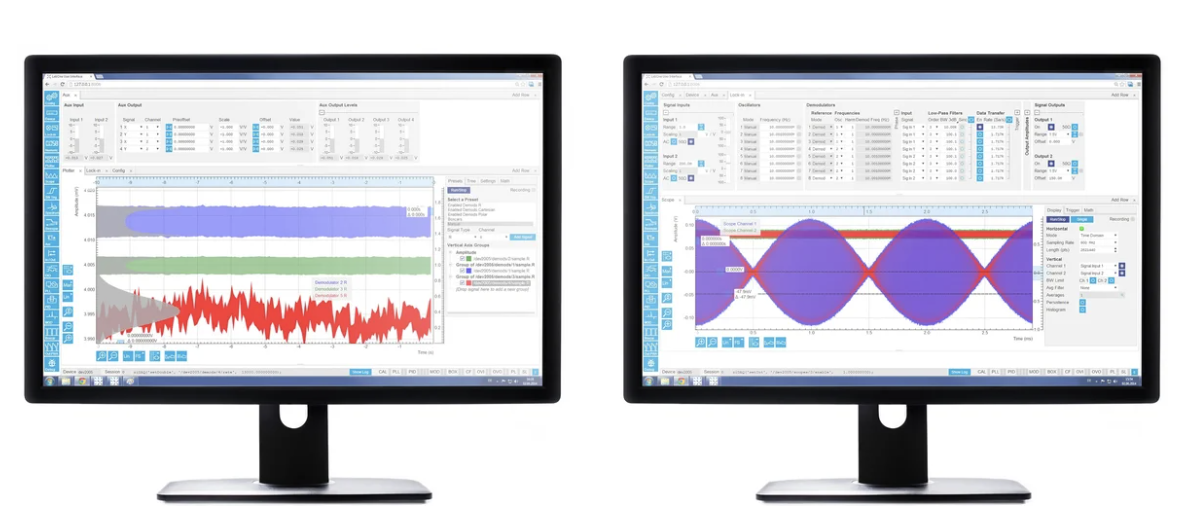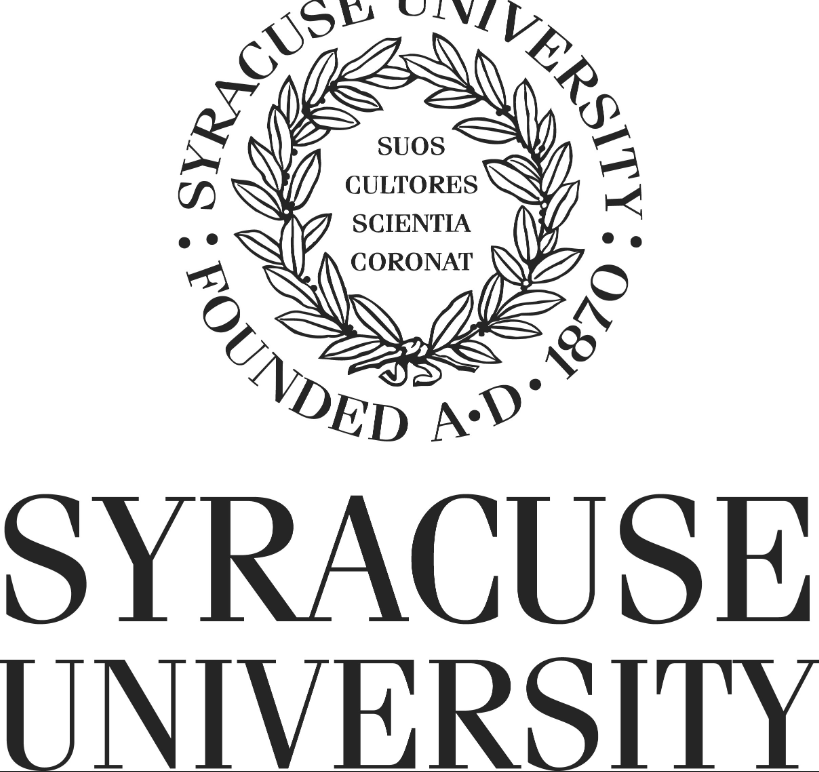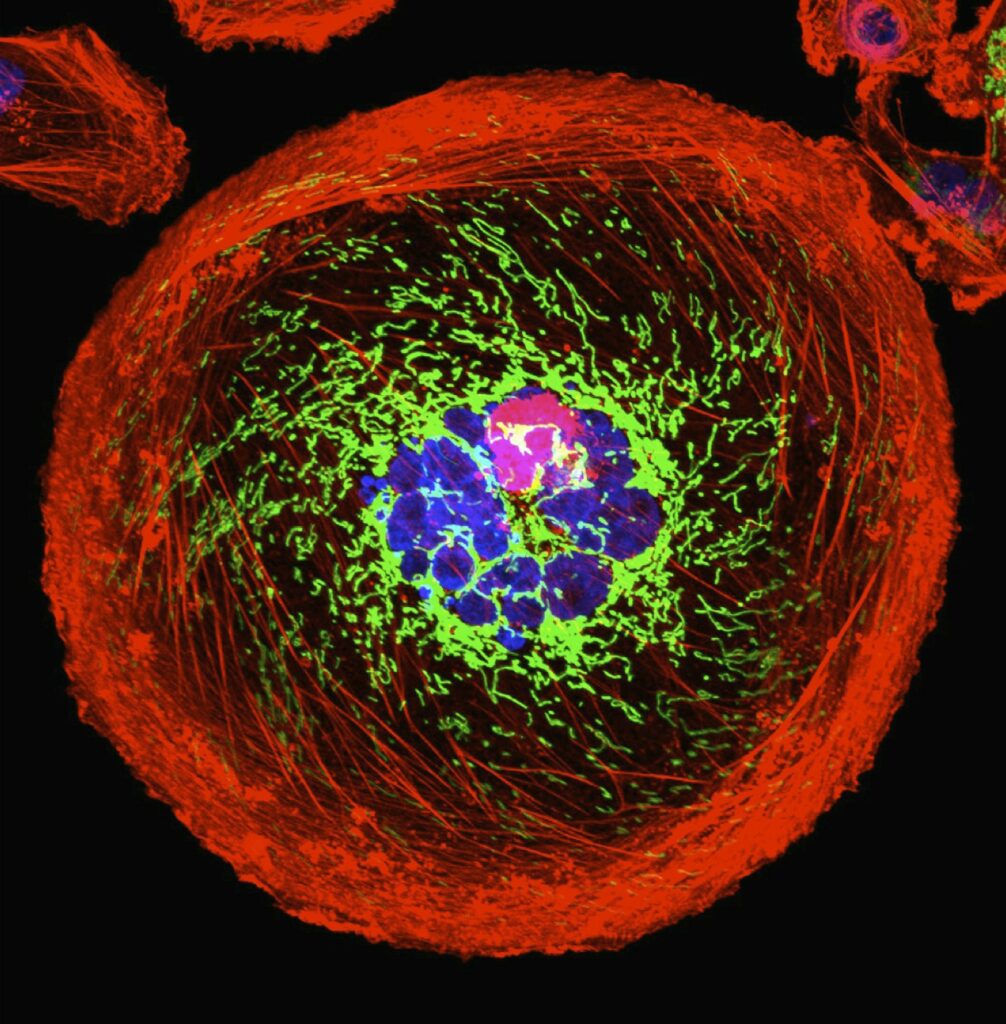Insider Brief
- LabOne Q is a software framework that contains a Python based programming interface that lets users concentrate on intuitive, efficient experiment design, while automatically accounting for their instrumentation details and maximizing useful computation time.
- LabOne Q streamlines and automates time-consuming tasks such as optimizing instrument settings, generating and uploading waveforms, and synchronizing pulses between multiple instruments.
- LabOne Q makes controlling many qubits straightforward. Upgrading or scaling up a lab setup just requires a drop-in replacement in the code, with synchronization of all instruments ensured from the start.
Simple and easy are two words you don’t often associate with qubit control. But Zurich Instruments is on a mission to introduce those two words into the vocabulary of quantum researchers and technologists to help them attain scalability in quantum science. To do that, the company is developing tools that allow its clients to focus on what they’re most interest in — making progress in quantum science — while Zurich Instruments innovations make those investigation less time-consuming and more efficient. Simple and easy, in other words.
In a company announcement, Zurich Instruments introduces LabOne Q, the company’s new software framework, that represents another tool for this simple and easy approach to accelerating quantum research.
LabOne Q is a Python-based, high-level programming interface that enables users to concentrate on intuitive, efficient experiment design, while automatically accounting for their instrumentation details and maximizing useful computation time. Tight system integration between software and hardware ensures a seamless user experience from setups with a single qubit to those with 100 and more.

Keep updated on the industry by checking out recent quantum computing news.
Intuitive Programming
LabOne Q is designed to provide an intuitive high-level programming language for constructing pulse sequences and building experiments so that its users can focus on science.
How does it do that? LabOne Q streamlines and automates time-consuming tasks such as optimizing instrument settings, generating and uploading waveforms, and synchronizing pulses between multiple instruments.
According to a statement from Zurich Instruments: “Even with this control and measurement automation, users still have complete low-level access to the instruments. Setup details and instrument settings are accessible through a single line of code.”
Browser-based tools for visualization of the experimental sequences and pulses before execution give a simplified overview of complex experiments, even ones with hundreds of pulses.
“The user-friendly Python environment makes keeping track of experimental results and calibration data and repeating or modifying a previous experiment straightforward,” says Clemens Müller, product manager at Zurich Instruments.
Optimized Duty Cycle
LabOne Q users get the most out of their setups by optimizing control instructions and minimizing communication overhead. LabOne Q Experiments have a clear distinction between real-time execution — when the instruments execute instructions and gather data autonomously — and near-time instructions — when communication with an outside process is necessary.
For example, when tuning up a quantum gate with optimal control, real-time calibration sequences are interleaved with optimization steps, where intermediate measurement results are used to optimally calibrate the required gate pulse. Additionally, a clear separation between offline and online workflows means experiments may be pipelined and queued to increase uptime. This means less time is spent on classical processing, and more on quantum computing.
Scalable Performance
With LabOne Q, controlling many qubits is straightforward. Upgrading or scaling up a lab setup just requires a drop-in replacement in the code, with synchronization of all instruments ensured from the start. Simultaneous tune-up of multiple qubits, multiplexed qubit state readout, multi-qubit gate calibration, or control crosstalk compensation – it is included in LabOne Q.
“Qubit Control Just Got Easier. That Simple.”
About Zurich Instruments
Zurich Instruments makes cutting-edge instrumentation for scientists and technologists in advanced laboratories who are passionate about phenomena that are often notoriously difficult to measure. The company’s core offering includes lock-in amplifiers, impedance analyzers, arbitrary waveform generators, and the first commercially available quantum computing control system.
Zurich Instruments brings innovation to scientific instrumentation and quantum control systems in the medium-frequency (MF), ultra-high-frequency (UHF) and now also super-high-frequency (SHF) ranges by combining frequency- and time-domain tools within each of its products. This approach reduces the complexity of laboratory setups and unlocks new measurement strategies.
Read more about LabOne Q
For more market insights, check out our latest quantum computing news here.




















